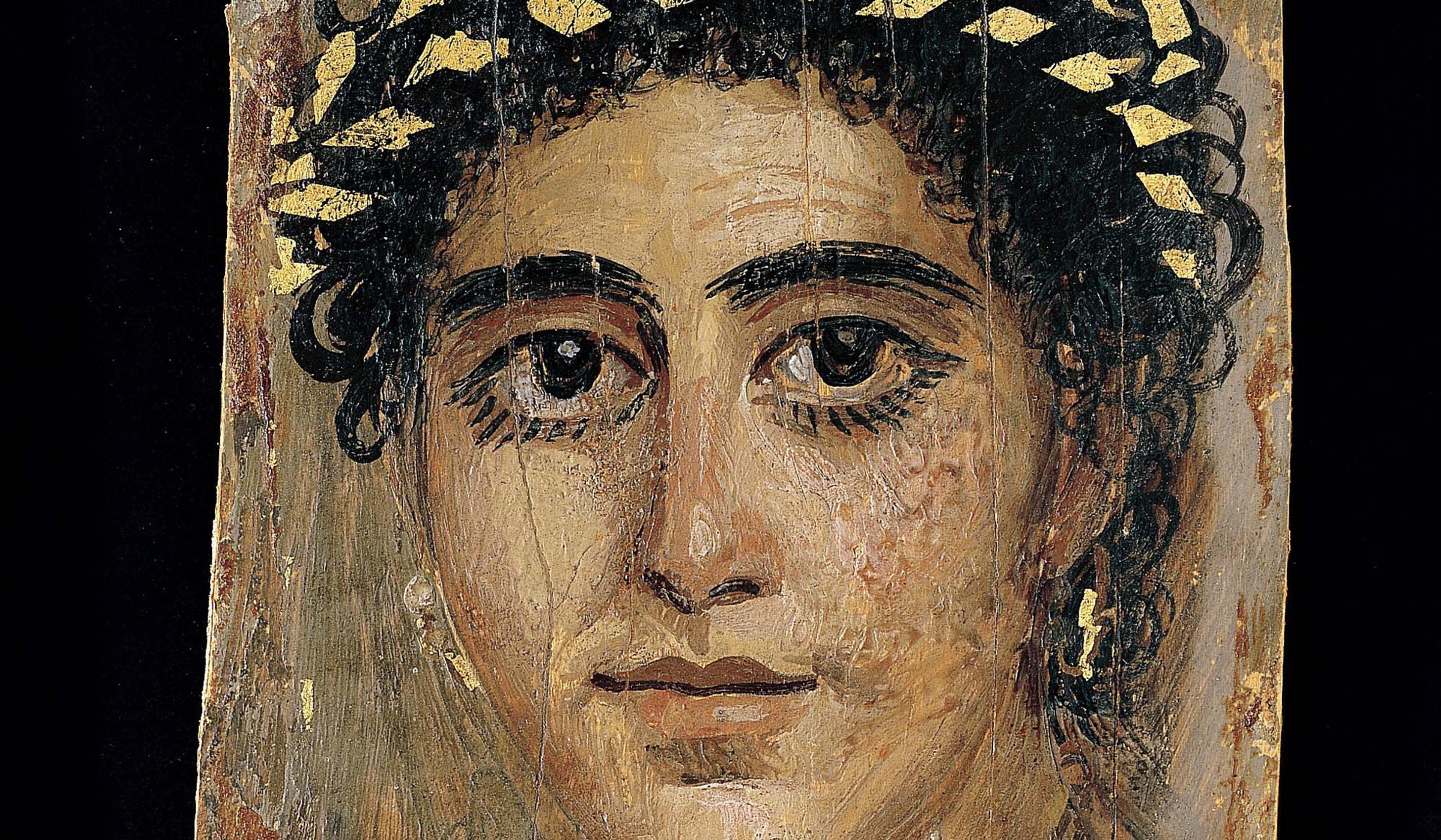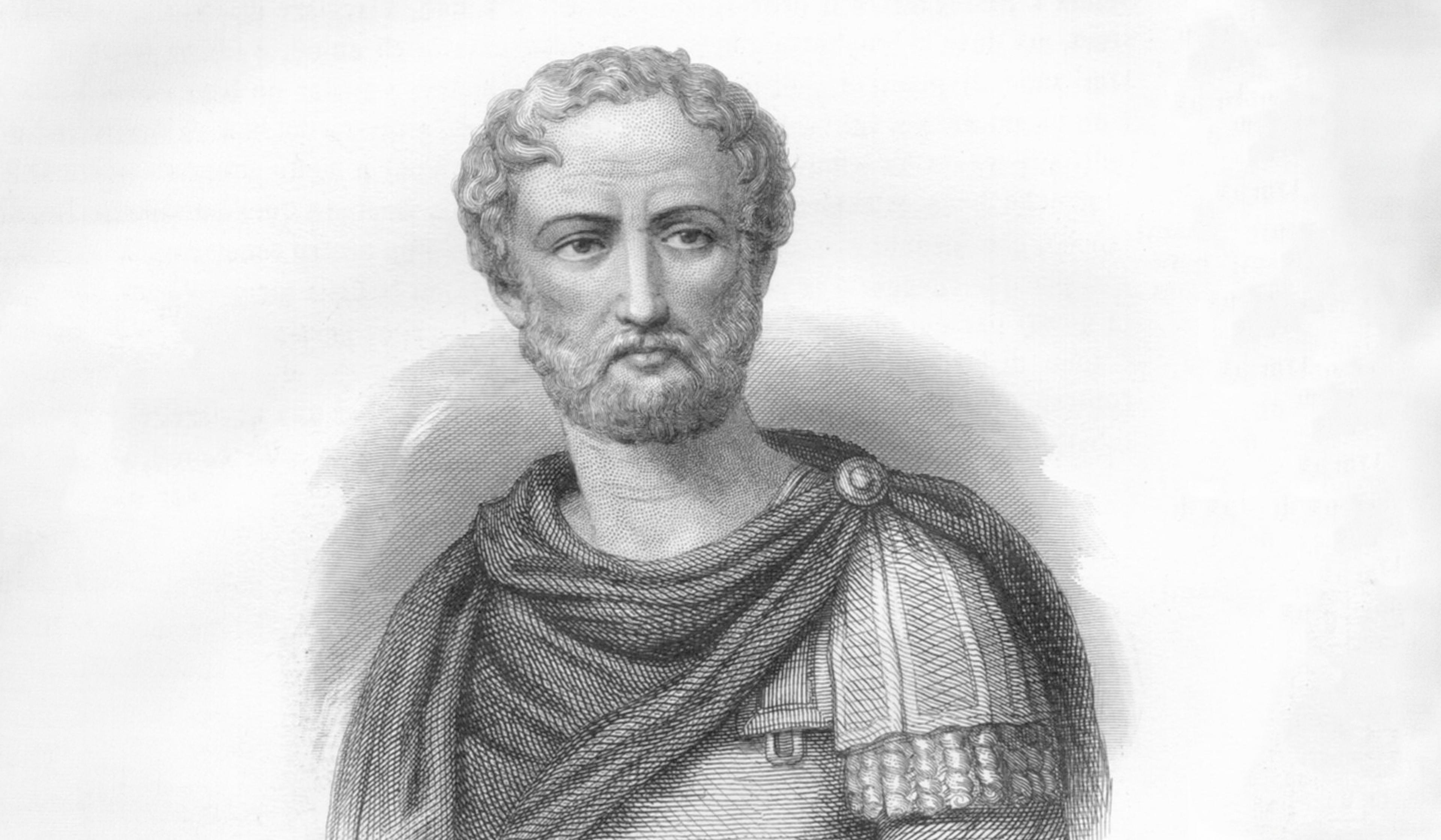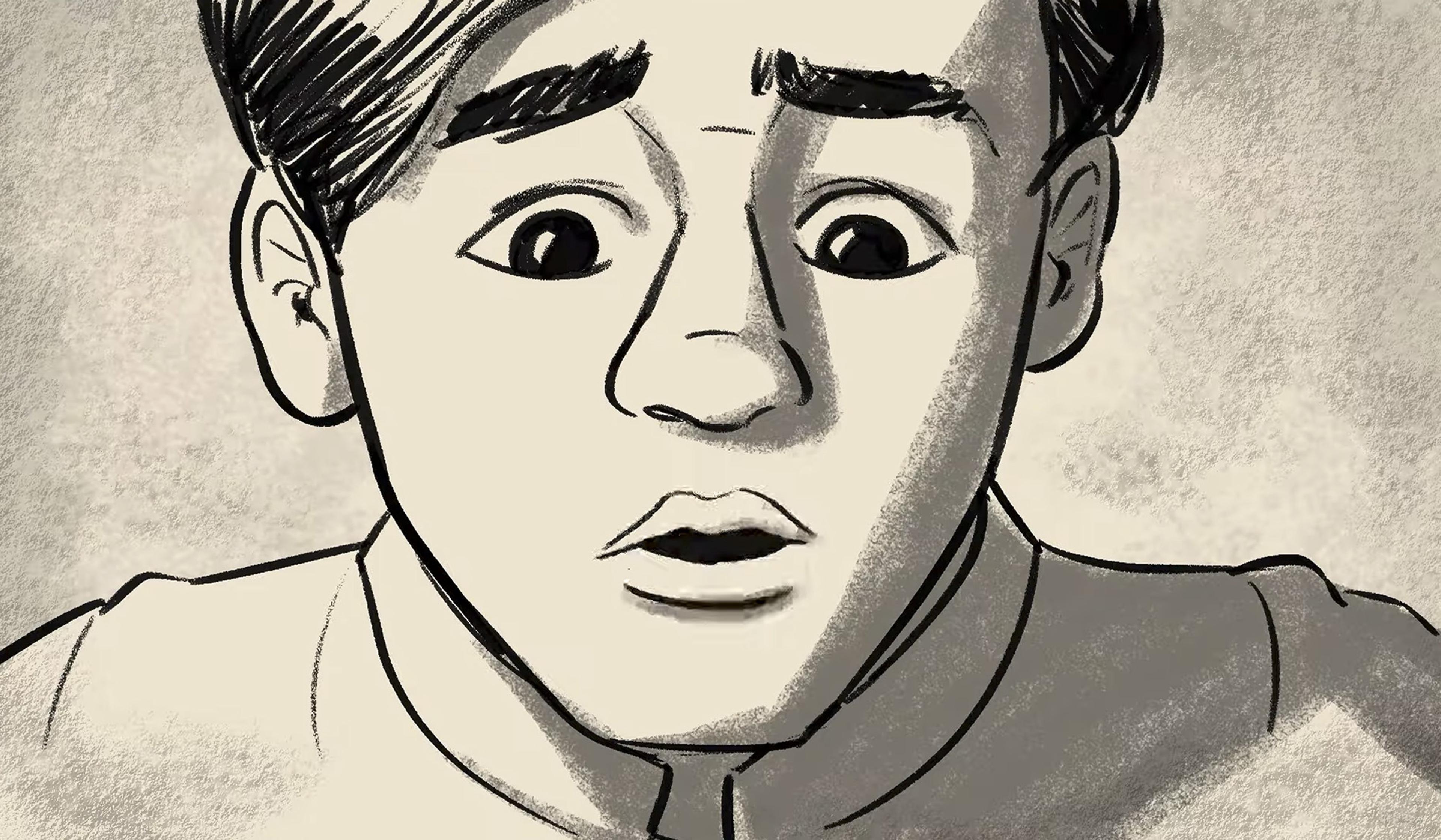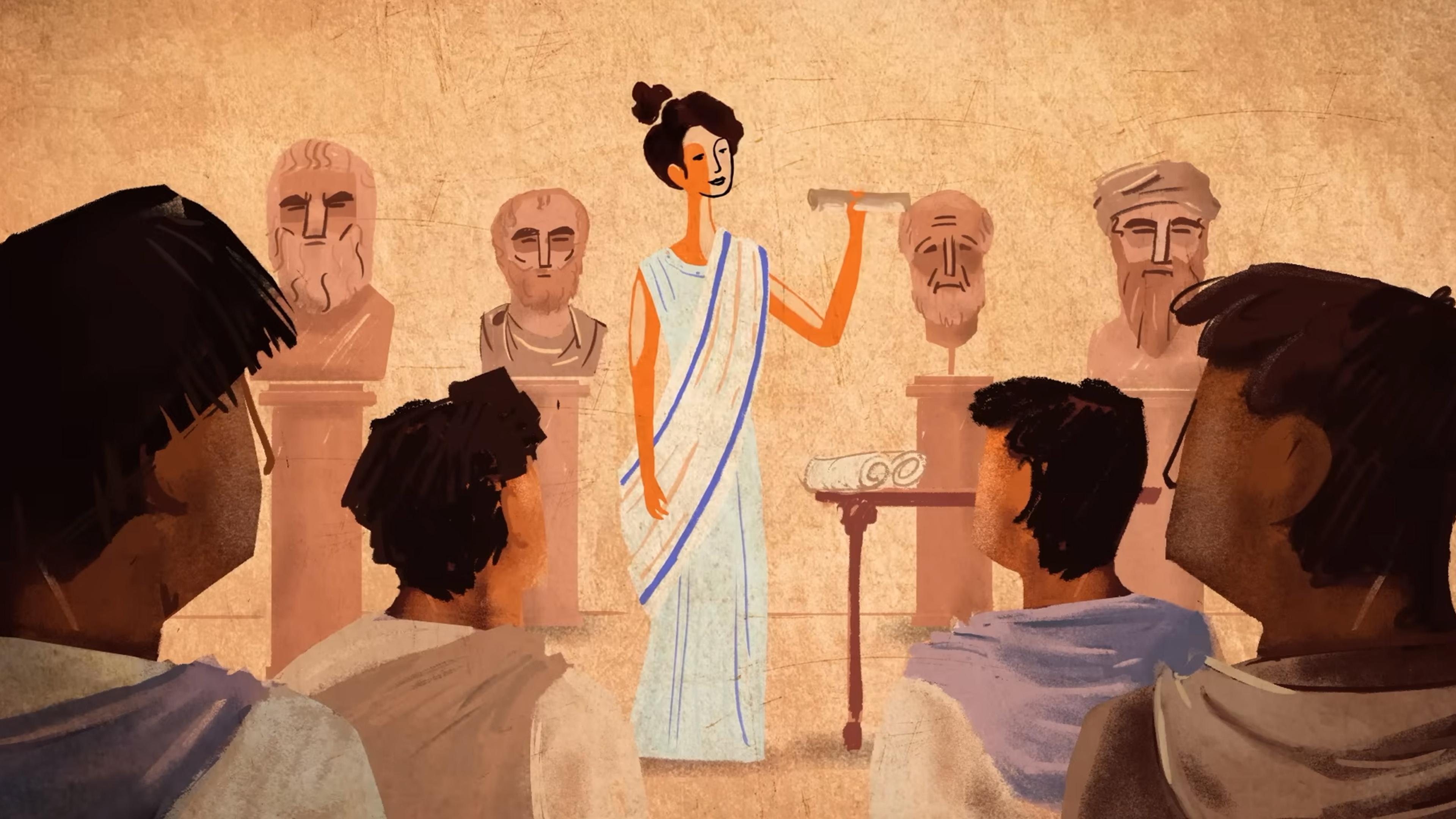‘The body of Caesar lay just where it fell, ignominiously stained with blood – a man who had advanced westward as far as Britain and the Ocean, and who had intended to advance eastward against the realms of the Parthians and Indians, so that, with them also subdued, an empire of all land and sea might be brought under the power of a single head. There he lay.’
Nicolaus of Damascus was a prominent Jewish writer, philosopher and statesman of the first centuries BCE and CE. More than earning his multi-hyphenate status, during his life he served as a tutor to the children of Antony and Cleopatra and met, as an emissary, the emperor Augustus, writing, among other works, his biography – from which this vivid account of Julius Caesar’s assassination is excerpted. A haunting depiction of one of the most infamous moments in history, his retelling is rich with context, dramatic ironies and illustrative details, including glimpses into the Roman Senates’ plotting and the chaotic violence of the ultimate act.








